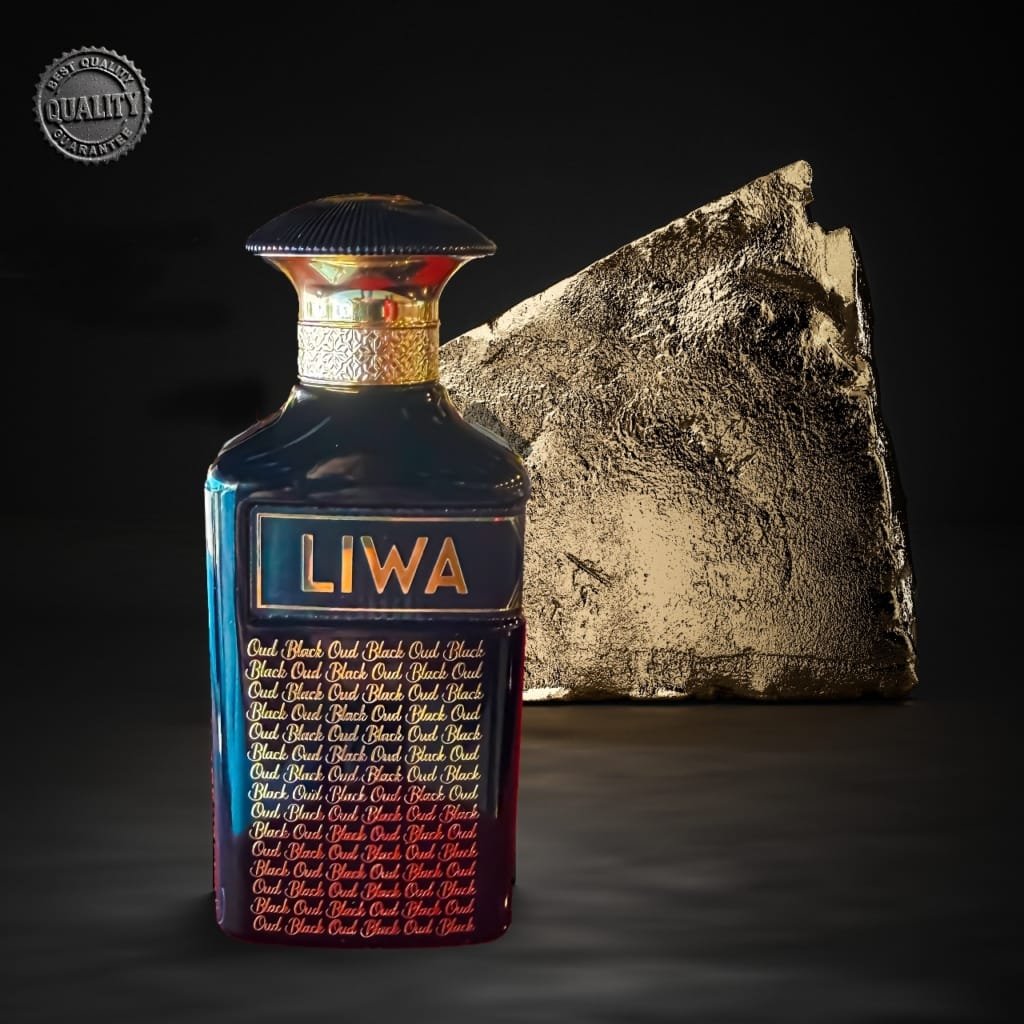The Purpose of Fragrance: More Than Just a Pleasant Scent
Fragrance has been an integral part of human culture for thousands of years, dating back to ancient civilizations that used aromatic oils, incense, and perfumes for rituals, ceremonies, and personal adornment. But what is the true purpose of fragrance? Is it simply to smell good, or does it serve a deeper role in our lives? The answer lies in the multifaceted ways fragrance impacts our emotions, memories, social interactions, and even our well-being.

1. Enhancing Personal Identity and Confidence
One of the most obvious purposes of fragrance is to make us smell pleasant. A well-chosen scent can boost confidence, leaving a lasting impression on others. Fragrance is often seen as an extension of personal style, much like clothing or makeup. It allows individuals to express their personality, mood, or even aspirations. Whether it’s a fresh citrus scent for a vibrant, energetic vibe or a warm, musky aroma for a sense of sophistication, fragrance helps shape how we present ourselves to the world.
2. Evoking Emotions and Memories
Fragrance has a unique ability to evoke powerful emotions and memories. This is because the olfactory system, responsible for our sense of smell, is directly connected to the brain’s limbic system, which governs emotions and memory. A whiff of a particular scent can instantly transport us back to a specific moment in time, whether it’s the smell of freshly baked cookies reminding us of childhood or the aroma of a particular flower associated with a loved one. Fragrances can also influence our mood, with calming scents like lavender reducing stress or invigorating scents like peppermint boosting energy.
3. Creating Atmosphere and Ambiance
Fragrance plays a significant role in shaping the ambiance of a space. From the soothing scent of candles in a spa to the inviting aroma of food in a restaurant, fragrances are used to create specific atmospheres that enhance our experiences. In homes, scented candles, diffusers, and room sprays are often used to make spaces feel cozy, fresh, or luxurious. In retail environments, signature scents are used to create a welcoming atmosphere and even influence purchasing decisions.
4. Cultural and Spiritual Significance
Throughout history, fragrance has held cultural and spiritual significance. In many ancient cultures, incense and aromatic oils were used in religious ceremonies to honor deities, purify spaces, or facilitate meditation. Even today, fragrances like sandalwood, frankincense, and myrrh are used in spiritual practices around the world. Fragrance can also be a symbol of status or tradition, as seen in the use of rare and exotic ingredients in high-end perfumes.
Luxury Fragrances on Sale!
Discover premium perfumes & exclusive combos at BlackOud.Ae’s High Sale. Limited time deals on Oud Al Aswad, Oud Muattar & more. Shop now!

5. Enhancing Well-Being
The purpose of fragrance extends beyond the sensory experience—it can also contribute to our overall well-being. Aromatherapy, for example, uses essential oils to promote physical and emotional health. Scents like eucalyptus can help clear sinuses, while chamomile can aid in relaxation and sleep. Fragrances can also have a placebo effect, where the mere belief in their benefits can lead to positive outcomes, such as reduced anxiety or improved focus.
6. Social and Romantic Connections
Fragrance plays a subtle yet powerful role in social and romantic interactions. Studies have shown that certain scents can influence attraction and even trigger the release of feel-good hormones like serotonin and dopamine. Perfumes and colognes are often chosen with the intention of leaving a memorable impression, whether in a professional setting or on a romantic date. Fragrance can also foster a sense of intimacy, as people often associate specific scents with their loved ones.
7. Masking and Functional Uses
On a more practical level, fragrance serves the purpose of masking unpleasant odors. From household cleaning products to personal care items like deodorants and shampoos, fragrances are added to neutralize bad smells and create a more pleasant experience. This functional use of fragrance is essential in maintaining hygiene and comfort in our daily lives.
Pay with Tabby
Tabby lets you split your purchases into 4 monthly payments so you can worry less and aim for more. And you’ll never pay interest or fees, not even late fees.
Conclusion
The purpose of fragrance is far more complex and meaningful than simply smelling good. It is a powerful tool that influences our emotions, memories, and interactions, while also playing a role in cultural practices and personal well-being. Whether it’s through a signature perfume, a scented candle, or the natural aroma of flowers, fragrance enriches our lives in ways that are both subtle and profound. It is a testament to the profound connection between our senses and our experiences, reminding us that sometimes, the simplest scents can carry the deepest meanings.







Add comment